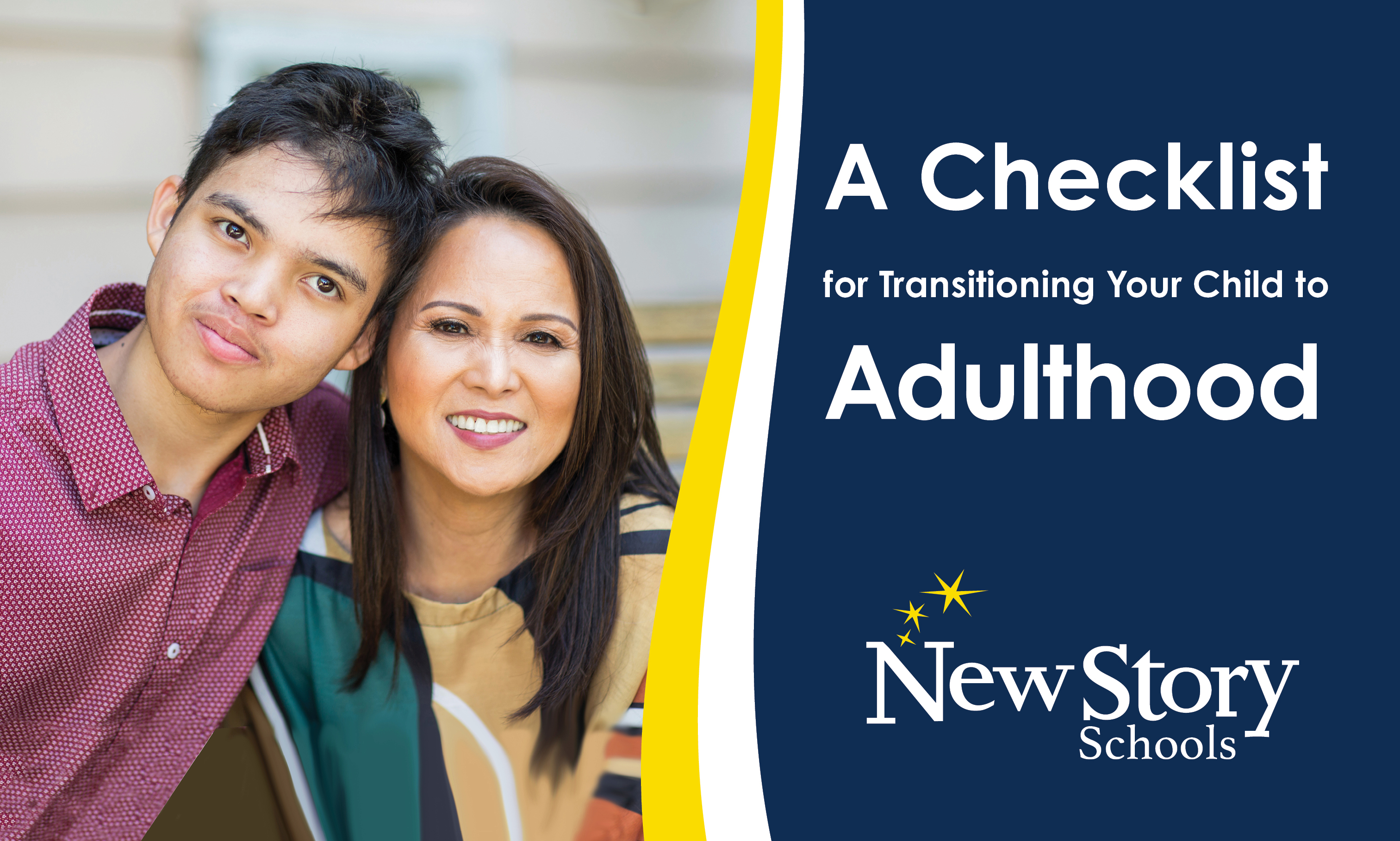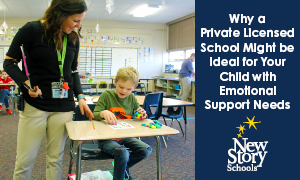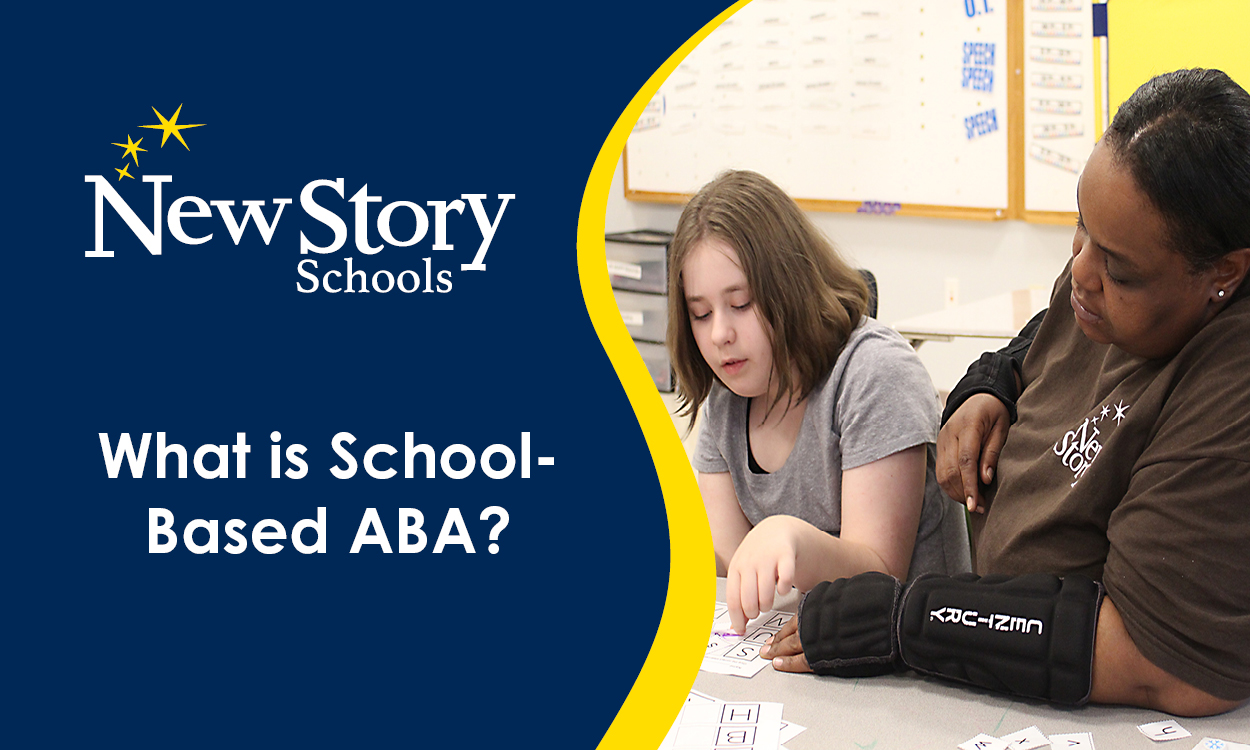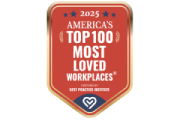Transitioning Your Child to Adulthood
Posted: September 02, 2020 | Written By: Corrie Byrne | Category: At Home Help

When your child transitions into a legal adult, the process can be overwhelming. At the age of 18 your child will automatically and legally be seen as an independent adult, and able to make their own decisions. Go through this checklist and make sure you are prepared. Talk to your child’s school and doctor for additional or supplemental steps. Some of these steps may vary from state to state, so talk to your child’s school, doctor or local Autism Society for directions and specific steps needed in your area.
Medical:
- Obtain a doctor for your child. Many pediatric doctors no longer serve adult patients.
Identification and Voting:
- Register your child to vote. At the age of 18, students are eligible to vote if able.
- Complete and submit information to the United States Government regarding the draft for males. Male students will receive information regarding the draft just as all other 18-year-old males do. In the event of a draft there are options for individuals who would be unable to participate.
- Obtain a state issued identification card.
Continuation of Services:
- Double check how long school services will be provided. In Pennsylvania, school services can be used up to age 21.
- Ensure all services are in place for adult services. Start planning your child’s transition to adult services in the last two years a student is enrolled in school.
- Obtain county-based support coordination and/or case management. With these supports a student will be able to access different funding sources to allow them to continue to receive necessary services.
- Private nursing services or behavioral rehabilitation services received through medical assistance will end at the age of 21. To continue these services, apply for county-based programs.
- Investigate the need to obtain guardianship to ensure someone is able to assist your child with all necessary appointments.
Employment:
- Investigate Vocational Rehabilitation Services. Explore Vocational Rehabilitation Services (OVR) in Pennsylvania, which help individuals prepare for, obtain, and maintain employment.
Housing:
- Apply for rental assistance through the Department of Housing and Urban Development (HUD) if your child is interested in living outside of the family home, with or without a personal assistant.
- Department of Housing and Urban Development (HUD)
- HUD in PA, including directions for finding and applying for rental assistance by apartment complex, public housing or housing choice vouchers, help with utility bills, etc.
- General HUD Information for Disabled Persons
Financial:
- Apply for Social Security Disability Benefits if your child requires them. Apply before the age of 18 and then check in before age 21 for any updates or changes necessary.
- Learn more about Social Security Disability Benefits.
- Get an overview of disability benefits available.
- Apply online through the Disability Benefits Application portal.
- To locate a social security office near you.
- Set up your child with an ABLE account if they are receiving or plan to receive Social Security disability benefits, Medicaid or SNAP.
- ABLE accounts allow individuals to save up to $15,000 a year and $100,000 over time to pay for qualified expenses without revoking their disability benefits. Qualified expenses are expenses for things like housing, medical treatments, transportation, schooling, employment training, financial management and administrative services, legal fees, assistive technology and personal support services. Check out Able NRC where you can search for a program in your area that has the services your child needs.
- Decide if you will claim your adult child as your dependent.
We sourced our information from a variety of online resources, some of which are linked to in this article. You can find more guides and information that we used to inform our New Story Schools' checklist at The Pennsylvania's Department of Health "Transition to Adult Living," New York State's Individual Transition Planning Guide, Autism Speaks Transition Tool Kit and Peal Center's Center for Transition Information.
Want to be notified of new articles and resources from New Story Schools? Submit your email and opt into our newsletter!









